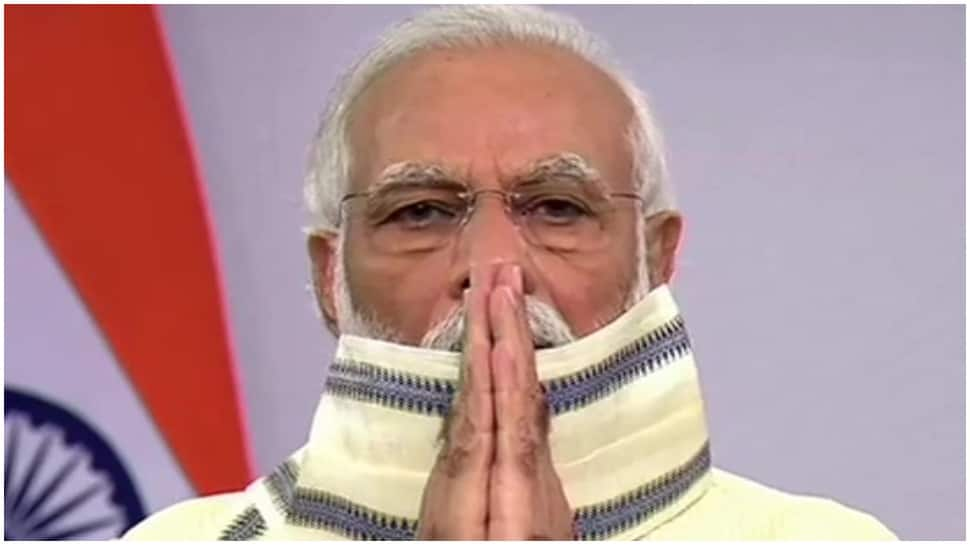New Delhi: A recent study has suggested that the nudges from Prime Minister Narendra Modi's during the address to the nation were critical in creating herd effect on COVID-19 lockdown and social distancing norms in India.
The study said that the government used the nudge of 'nationalism' as an effective measure to control the disease spread as PM Modi in his address to the nation before the first COVID-19 induced lockdown appealed that "21 days is critical to breaking the infection cycle or else the country and your family could be set back 21 years".
"This nudge had critical public policy implications because it successfully convinced 1.3 billion people to abide by lockdown rules at high economic and social costs," said a study published in PLUS One - a US-based journal.
"The nudges from the Prime Minister of India was critical in creating herd effect on lockdown and social distancing norms across the nation," it added.
The study investigated how government formed reactive policies to fight COVID-19 across its policy sectors through the primary data collected from the Press Information Bureau (PIB) in the form of press releases of government plans, policies, programme initiatives and achievements.
In the study, an unsupervised machine-based topic modelling using Latent Dirichlet Allocation (LDA) algorithm was performed on the text corpus of over 2.60 lakh words which was created from 396 documents from the PIB.
According to the study, nudging which is a design-based public policy approach, uses positive and negative reinforcements to modify the behaviour of the people.
"This approach has a high degree of subjectivity which makes it challenging to ascertain its reliability and replicability under public emergencies like a pandemic, disaster, public unrest, etcetera," read the study published by Ramit Debnath and Ronita Bardhan.
The study stated that it is important to objectively untangle the nudges produced by government policies for efficiently handling national challenges like the coronavirus pandemic.
The result of the study said that a similar effect was also observed around the public health that included using masks in public spaces, performing yoga and Ayurveda for immunity, using transport methods (old trains converted to isolation wards), micro, small and medium enterprises (rapid production of PPE and masks), science and technology sector (diagnostic kits, robots and nano-technology), home affairs (surveillance and lockdown), urban (drones, GIS-tools) and education (online learning).
It was done to extract high probability topics in the policy sectors and the interpretation of the extracted topics was made through a nudge theoretic lens to derive the critical policy heuristics of the government.
"Results showed that most interventions were targeted to generate endogenous nudge by using external triggers," noted authors.
The interpretation of the extracted topics was made through a nudge theoretic lens to derive the critical policy heuristics of the government.
"Results showed that most interventions were targeted to generate endogenous nudge by using external triggers," stated the study.
"A conclusion was drawn on leveraging these heuristics are crucial for lockdown easement planning," it said.
















